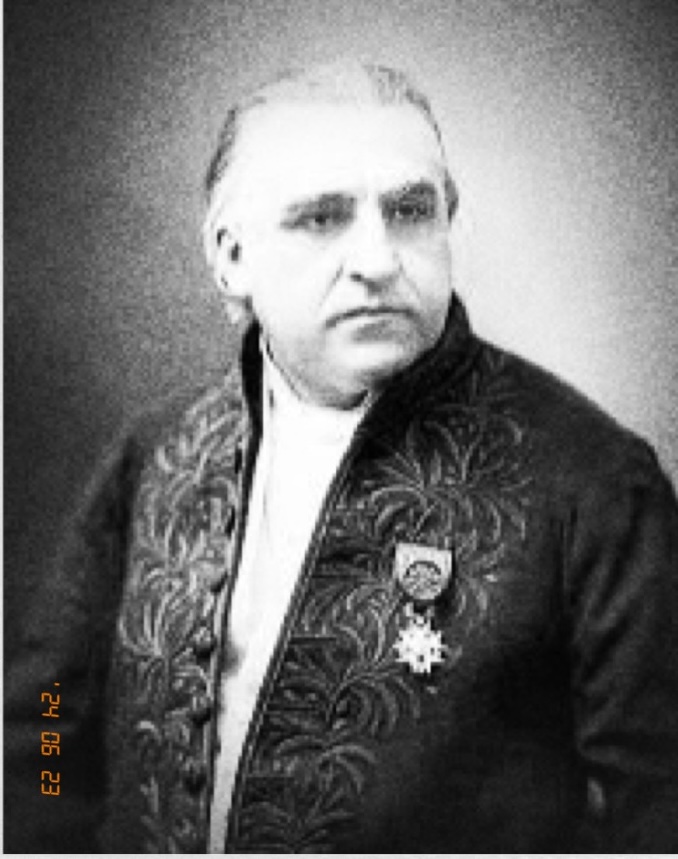
Jean-Martin Charcot
The Legacy of Jean-Martin Charcot: Pioneering Work in PTSD
Jean-Martin Charcot (1825-1893) was a French neurologist whose pioneering work in the field of psychology and neurology left an indelible mark on the understanding and treatment of various mental disorders. While Charcot is best known for his contributions to the study of neurology and the identification of several neurological conditions, his work also had a profound impact on the understanding of post-traumatic stress disorder (PTSD), a condition that continues to affect countless individuals around the world.
Early Life and Education
Born in Paris, France, on November 29, 1825, Charcot displayed a keen interest in the sciences from an early age. He pursued his medical education at the University of Paris, where he excelled in his studies and quickly gained recognition for his exceptional observational skills and analytical thinking. In 1853, Charcot earned his medical degree, marking the beginning of a career that would revolutionize the field of neurology.
Contributions to Neurology
Charcot’s work in neurology was groundbreaking. He is perhaps best known for his studies on neurodegenerative diseases, particularly amyotrophic lateral sclerosis (ALS), which he described in detail and helped distinguish from other motor neuron disorders. Charcot’s meticulous observations and systematic approach to studying the nervous system laid the foundation for modern neurology.
Charcot and Hysteria
One of Charcot’s most significant contributions to psychology was his work on hysteria, a condition characterized by a range of unexplained physical symptoms that often lacked a clear physiological cause. At the time, hysteria was a poorly understood and stigmatized condition, often dismissed as a product of feminine frailty. Charcot’s pioneering studies at the Salpêtrière Hospital in Paris revolutionized the understanding of hysteria and laid the groundwork for modern psychoanalysis.
Charcot’s approach involved using hypnosis as a therapeutic tool to uncover and address the underlying psychological traumas that manifested as physical symptoms. Through his meticulous case studies and experiments, Charcot demonstrated that many cases of hysteria were rooted in trauma, providing a significant breakthrough in the understanding of psychological disorders.
The Impact on PTSD
Charcot’s work on hysteria and trauma laid the groundwork for understanding and treating post-traumatic stress disorder (PTSD), though the term itself did not exist during his time. He recognized that exposure to severe psychological trauma could have long-lasting effects on an individual’s mental and physical well-being.
Charcot’s legacy in PTSD research is particularly evident in his emphasis on the importance of recognizing and addressing the underlying traumas that lead to psychological symptoms. This approach remains a cornerstone of contemporary PTSD treatment, where therapies like cognitive-behavioral therapy and exposure therapy are employed to help individuals process and cope with traumatic experiences.
Jean-Martin Charcot’s contributions to the fields of neurology and psychology continue to shape modern medical practice and our understanding of mental health. His pioneering work on hysteria and trauma not only paved the way for the recognition of PTSD as a legitimate mental health condition but also established a compassionate and effective approach to its treatment.
Today, Charcot’s legacy lives on in the countless lives that have been positively impacted by his groundbreaking research. His dedication to unraveling the complexities of the human mind and his commitment to alleviating the suffering of those afflicted by mental disorders make him a true pioneer in the field of psychiatry and neurology.
